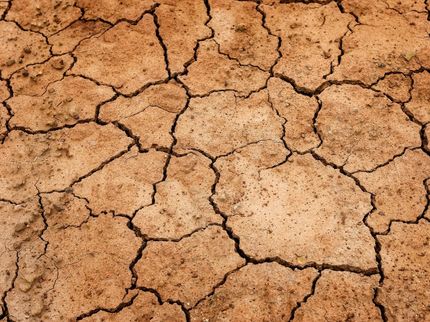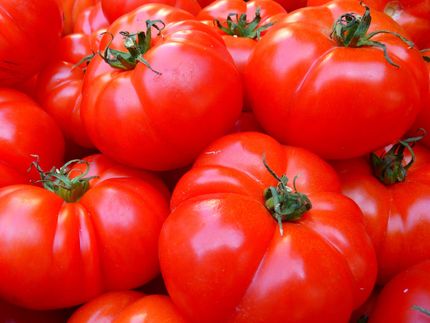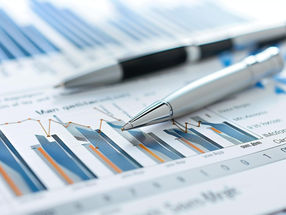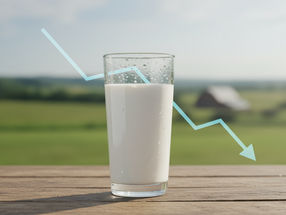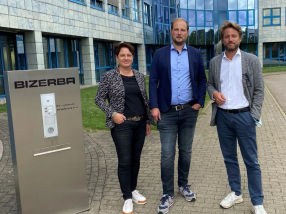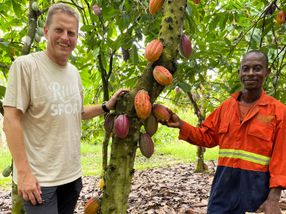Are apples a luxury in Germany this year?
Advertisement
Three questions for Hannah Zeyßig, food expert for fruit and vegetables at the NRW consumer advice center
Whether red, yellow or green: apples are the most popular fruit in Germany. On average, consumers eat around 20 kilos of them a year. Quickly packed for an outing or as a snack during a break, the round fruit scores highly with vitamins, minerals, phytochemicals and the fiber pectin. However, this year's apple season is under bad omens. The expected crop losses are also having an impact on consumer prices for apples. Hannah Zeyßig from the NRW consumer advice center sheds light on the background and explains to consumers how they can react and save money.
Why is the apple harvest so poor this year?
The weather in Germany and many parts of Europe has taken its toll on apple trees. A mild winter meant that the trees blossomed unusually early - in some cases up to five weeks earlier than usual. This increases the risk of frost damage. And indeed: a late frost hit many blossoms in spring, which meant that fewer apples were able to grow. In addition, hail and cool, rainy weather inhibited the growth of the remaining fruit. In Germany, the harvest will be up to 90 percent lower in some regions. Harvests in other European countries such as Poland and Hungary have also been affected. Overall, apple production in Germany is expected to fall by around 22% compared to the already weak previous year. Extreme weather events, which are occurring more frequently due to climate change, are also making things more difficult for apple growers - so these fluctuations in the harvest can also be seen as an effect of climate change.
What consequences does the poor harvest have for consumers?
Consumers do not need to fear empty shelves; at most, the regional supply may be limited. It is likely that more apples will be available from Lake Constance and the Altes Land region, as these regions were less affected by the extreme weather conditions. Due to the short supply, the average retail price is expected to rise by an average of 10 percent to over two euros per kilogram. To compensate for the short supply of German apples, there will also be an increase in imports from abroad. Agrarmarkt Informations-Gesellschaft (AMI) expects around 100,000 additional tons of apples to be imported, particularly from Italy. Here, too, prices could be higher than usual. Rising prices are also likely to affect other processed products such as apple sauce and apple juice, which is used in many mixed drinks.
In addition, the quality of apples available could vary. Supermarkets normally pay close attention to the size, shape and aesthetics of fruit and vegetables. When supply is low, it can happen that class II apples, i.e. apples with minor blemishes, make it onto the shelves and are then particularly cheap.
What can consumers do to still get good and affordable apples?
This season, consumers should focus more on regional markets and direct sales from fruit growers to buy fresh and affordable apples. Comparing the price per kilo can also save money. Apples are often sold in packs of four or six, so it is particularly worth taking a comparative look. Buying class II apples with blemishes can also be worthwhile.
Varieties such as Boskoop, Gala, Braeburn, Jonagold and Elstar are easy to store and can be bought in stock. Early varieties such as Alkmene, Gravensteiner and James Grieve, on the other hand, should be eaten as soon as possible. Good to know: Apples like it cool. If you don't have a cellar, apples can also be stored in a cool pantry or in the fridge in a foil bag with air holes. Under optimal conditions, they can be stored for up to five months.
Fallen fruit apples are a good alternative for apple pie, puree or crumble. These are usually available very cheaply or even free of charge. If they are not infested with pests or mold, they can be used without hesitation. Simply cut out the small damaged areas generously and process them quickly. On the Mundraub website, interested parties can find places for public harvesting and collecting.
Note: This article has been translated using a computer system without human intervention. LUMITOS offers these automatic translations to present a wider range of current news. Since this article has been translated with automatic translation, it is possible that it contains errors in vocabulary, syntax or grammar. The original article in German can be found here.




